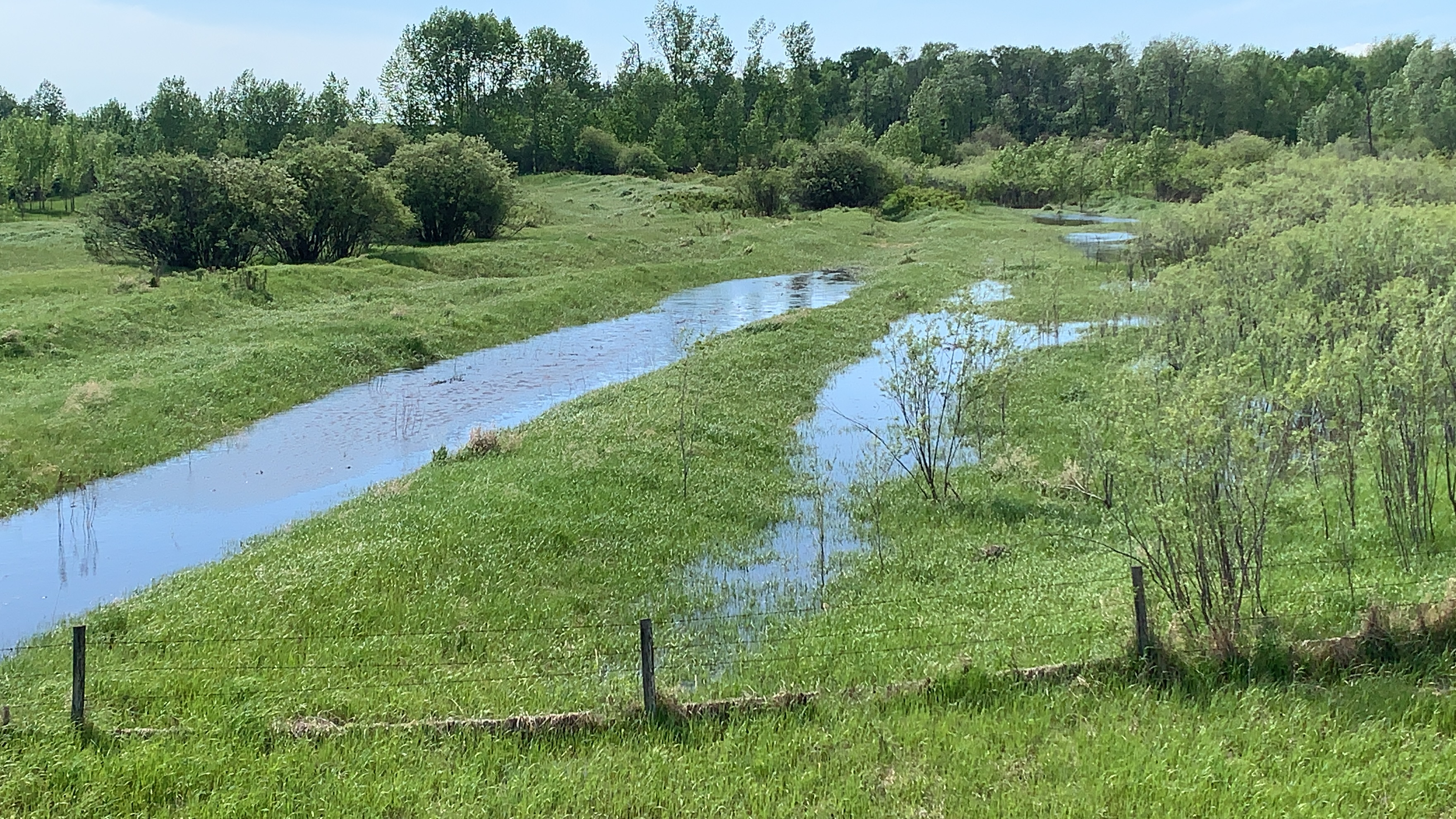
Ranchers in the R.M. of Meadow Lake and surrounding areas offered support after flooding
Cattle farmers and producers in the R.M. of Meadow Lake and surrounding rural areas are suffering from significant loss and much frustration when it comes to disaster relief due to ongoing water damage and flooding to pasture land and farm property.
A disaster situation was declared on June 23 in the R.M. of Meadow Lake after nearly 20 rural roads were restricted to local traffic or closed as a result of flooding. With rain in the forecast for the coming days, the immediate situation could worsen.
Brent Brooks, owner of Northern Livestock Sales, held a meeting on July 2 to assist farmers with the necessary resources as unclear information had been circulating in the midst of the crisis. Brook’s information session included nearly 90 local ranchers and representation from four affected rural municipalities and representation from Saskatchewan Cattlemen’s Association (SCA), Ministry of Agriculture, and Ducks Unlimited.
“There’s a lot of steps that have to be taken over the next eight months to a year where we can get these guys back on a level ground where they can operate,” Brooks told meadowlakeNOW. “The biggest thing right now is some form of grazing assistances. Right now we’re seeing ranchers grazing off their hay land which gets into a fall feeding situation. But the immediate issues are keeping livestock safe and trying to get infrastructure back in place on the ranches.”



